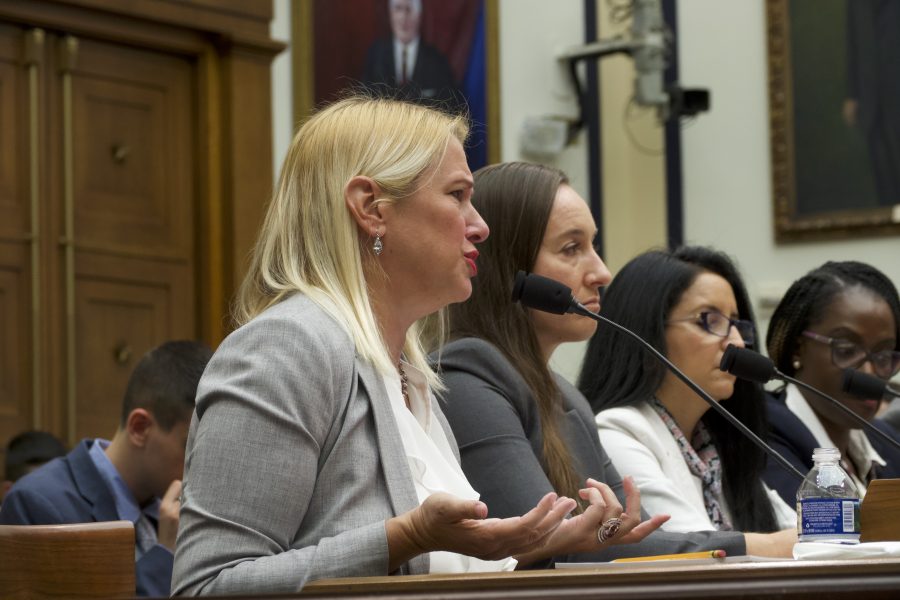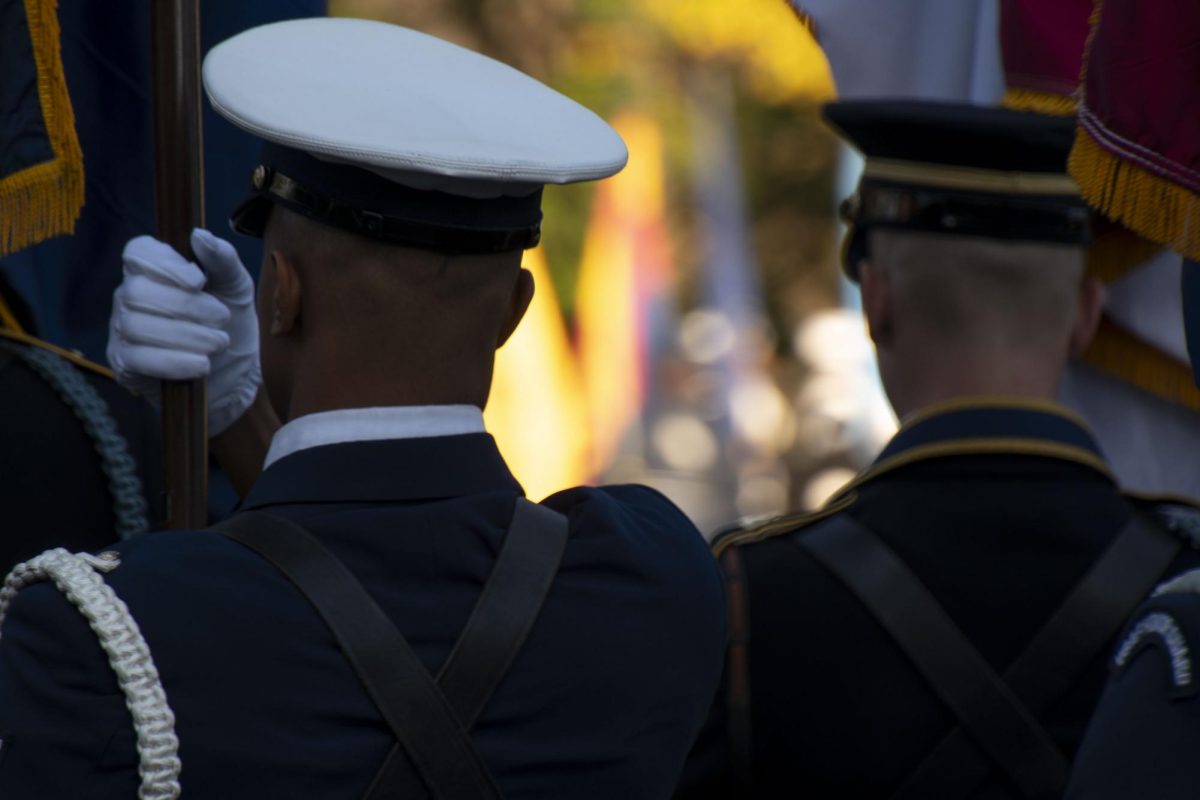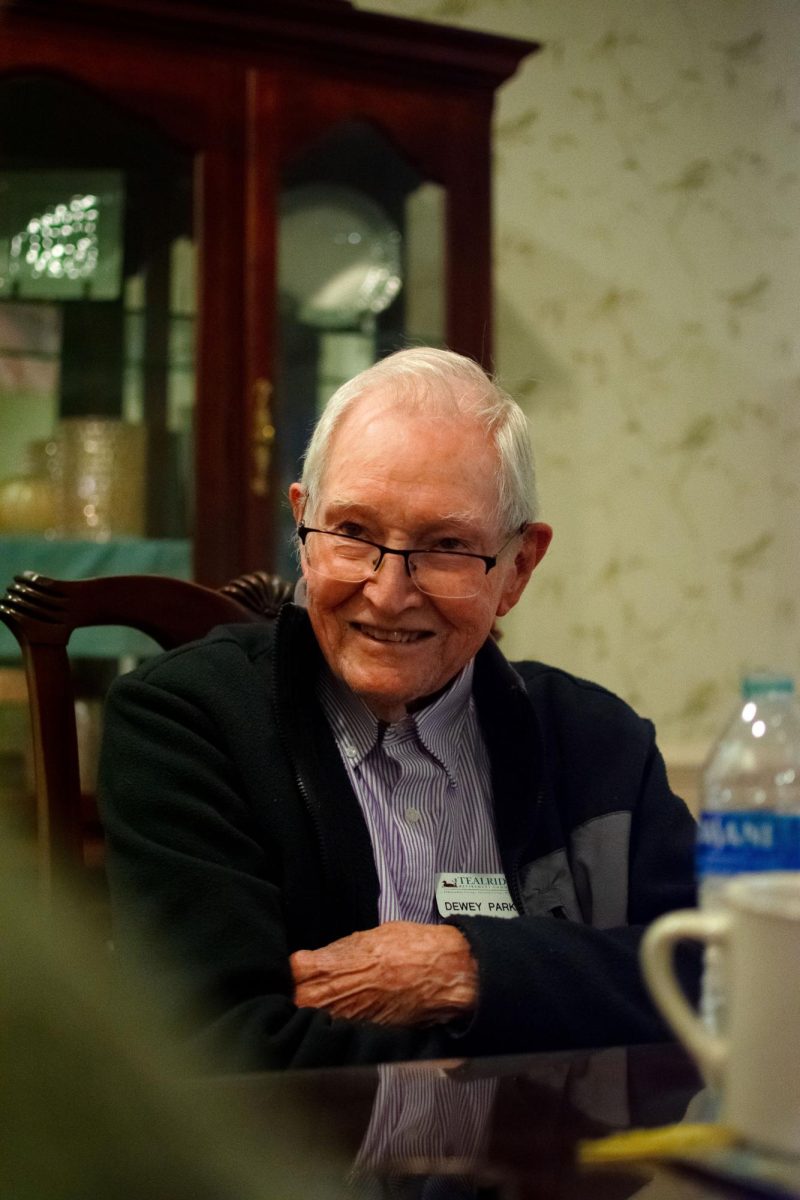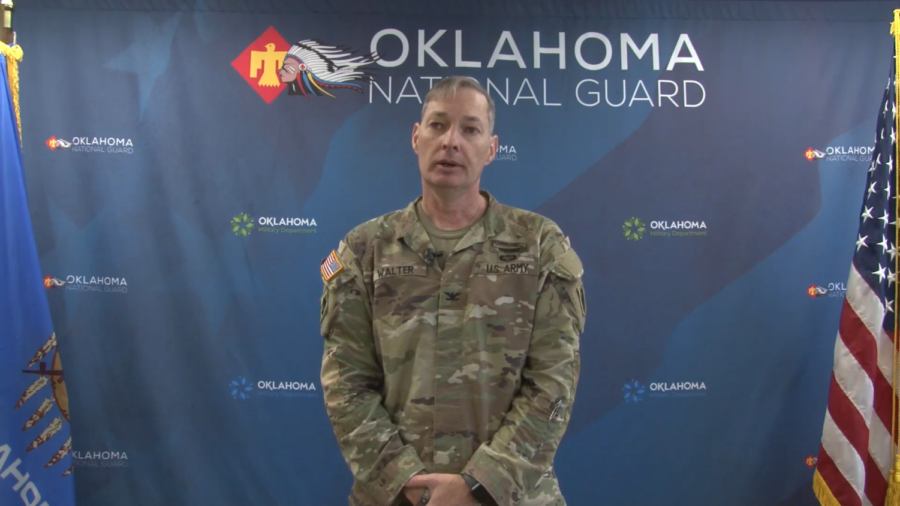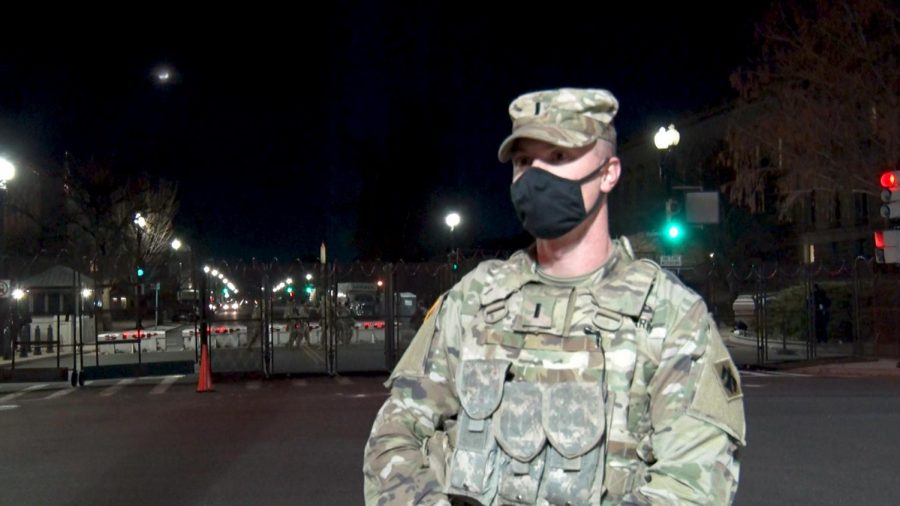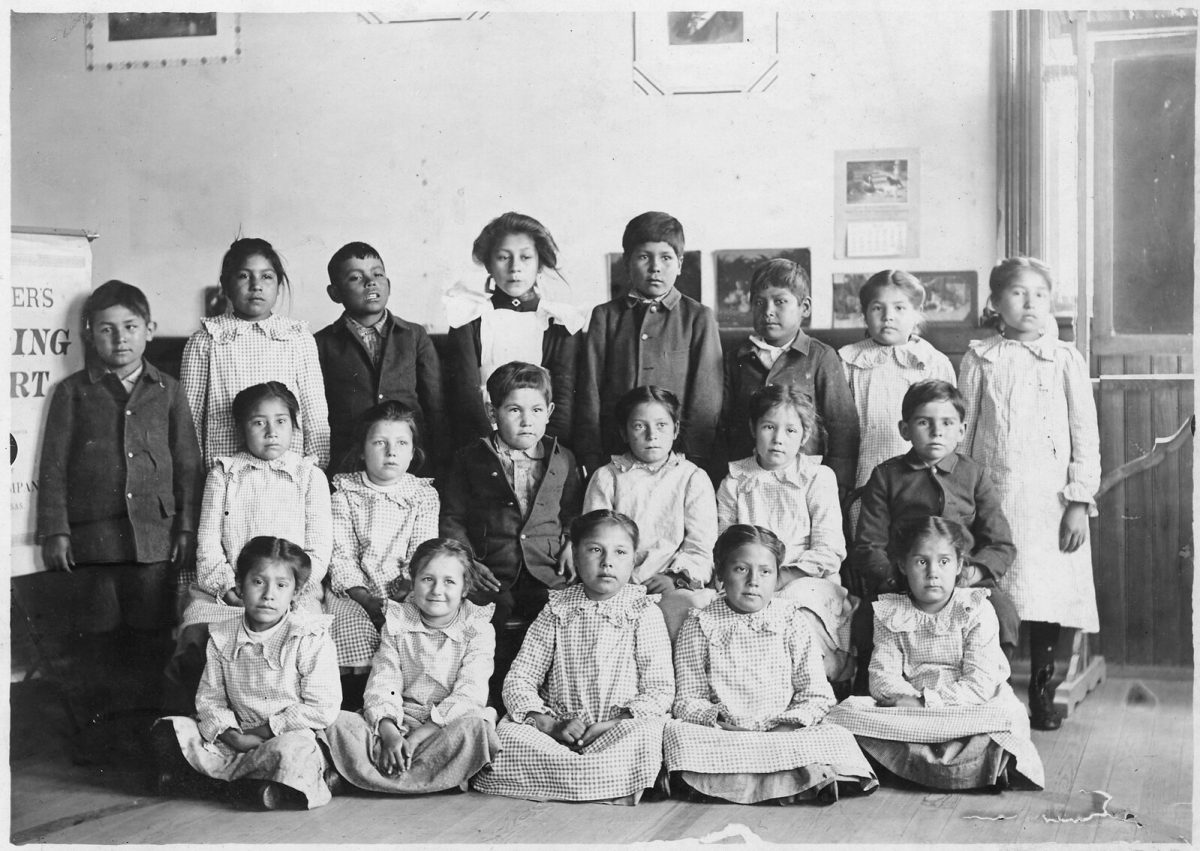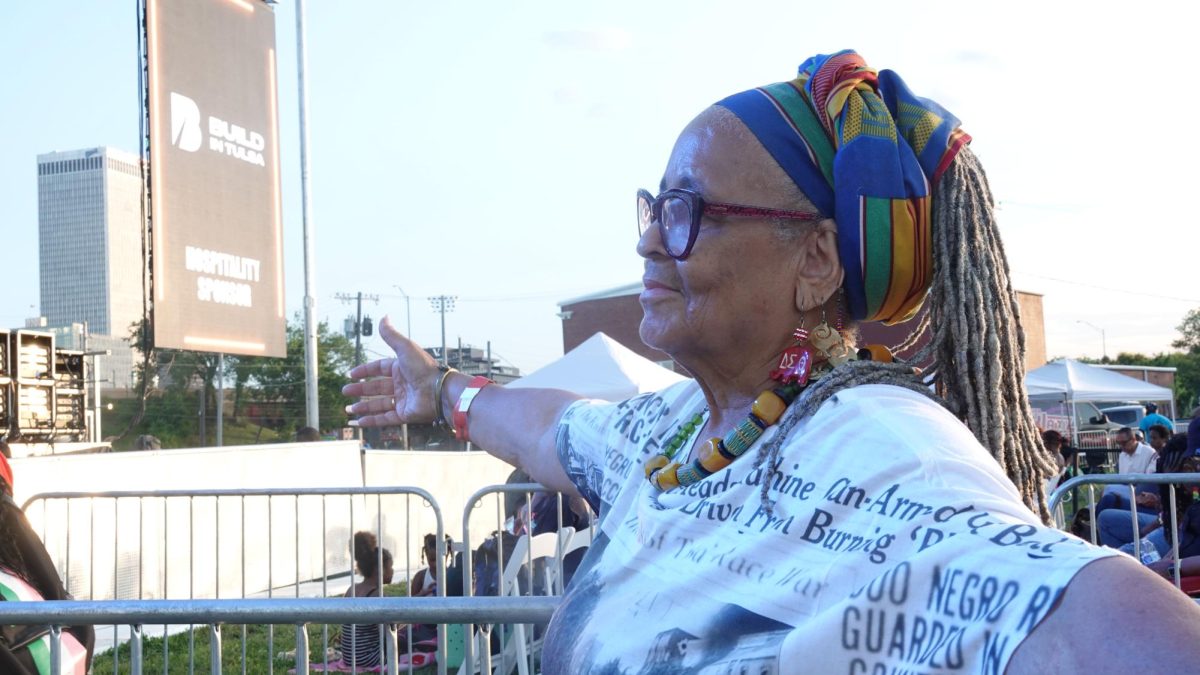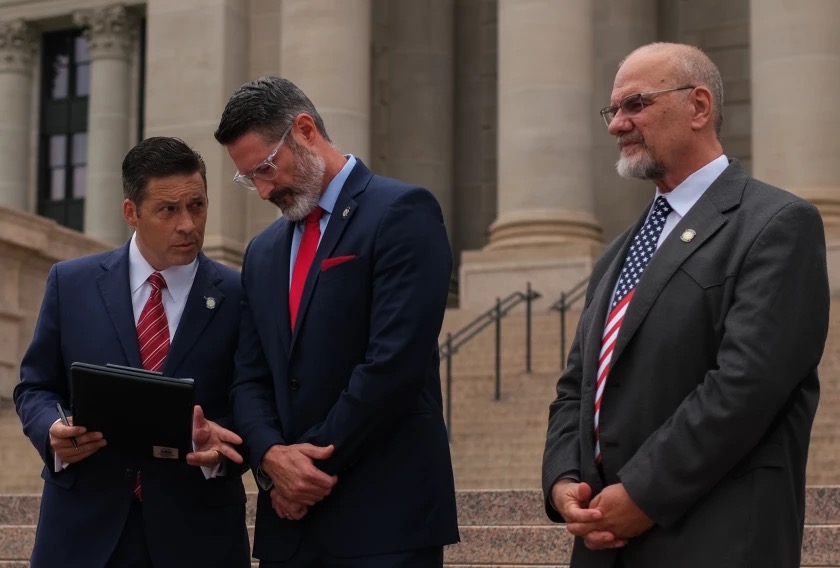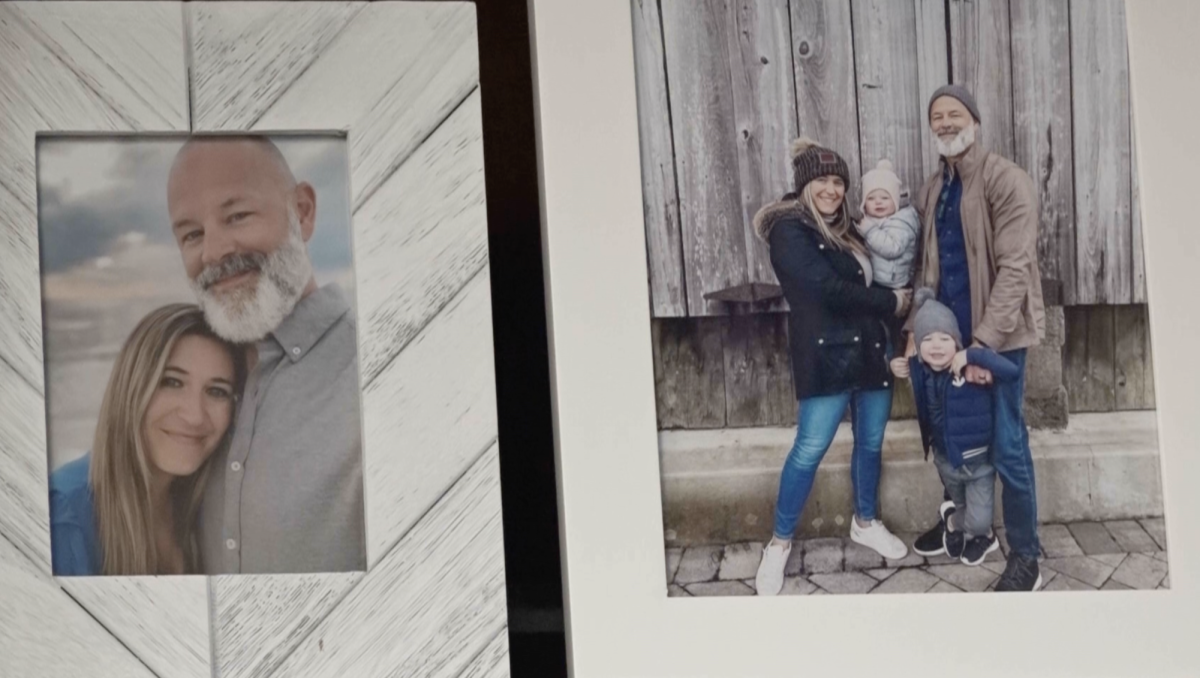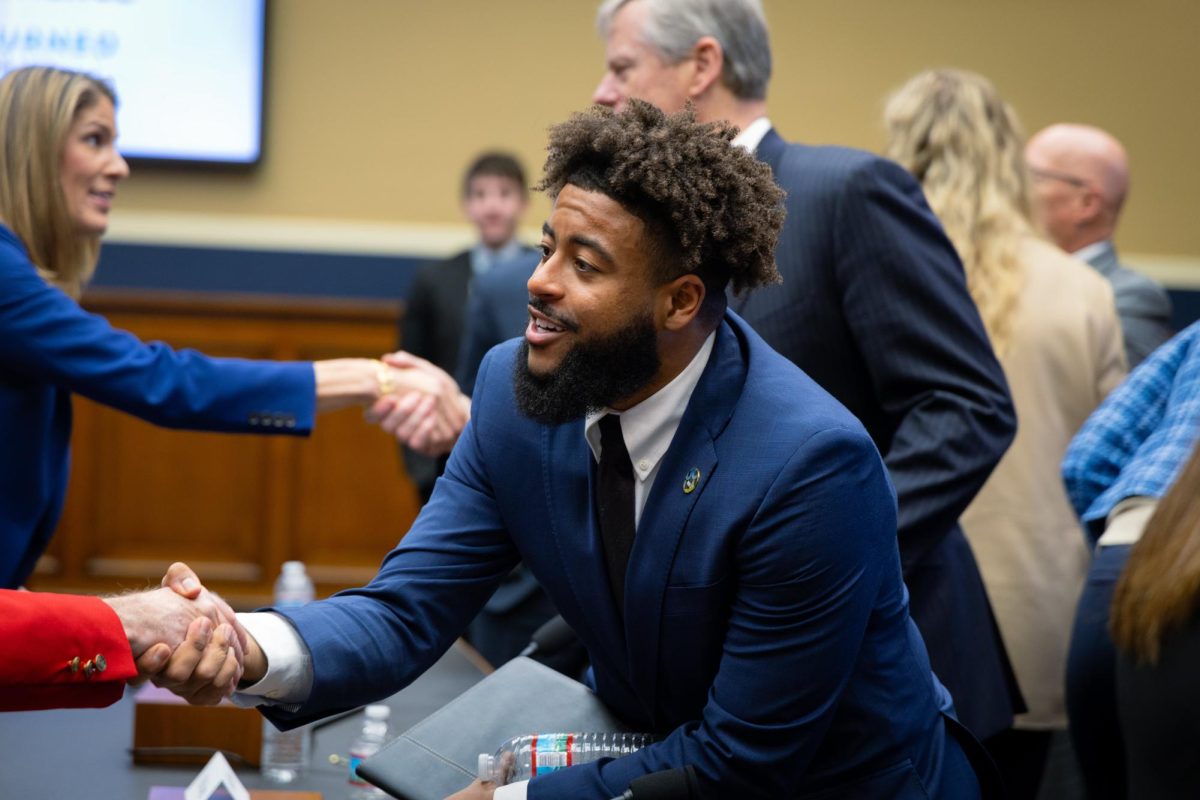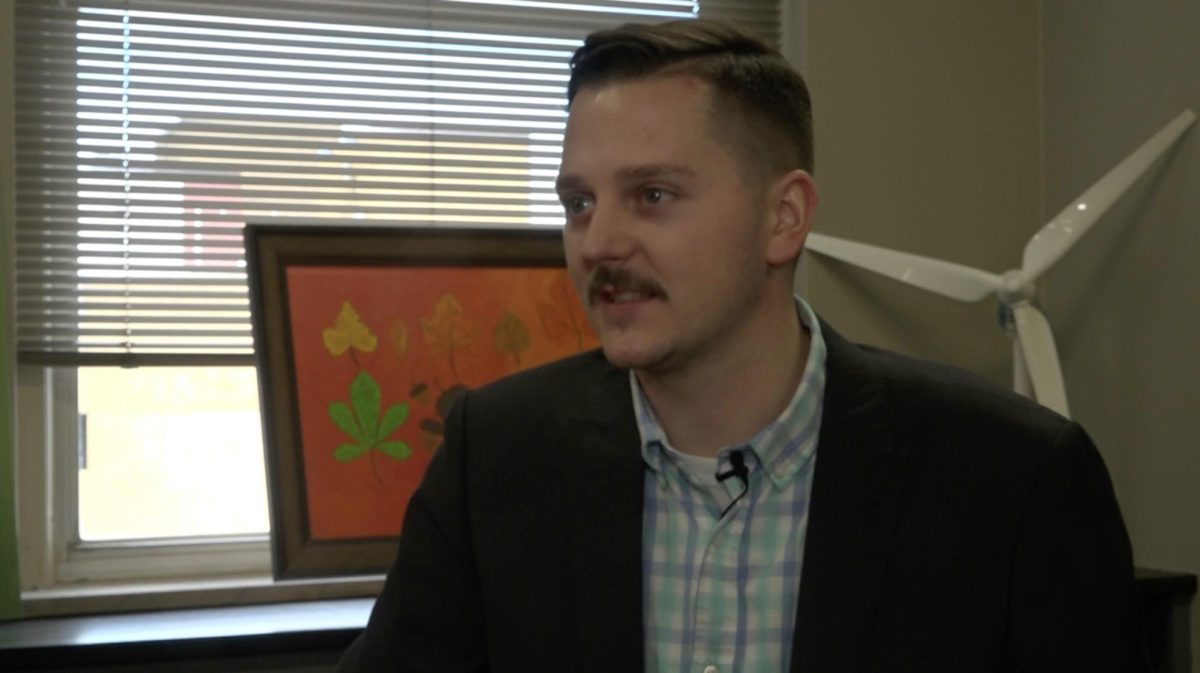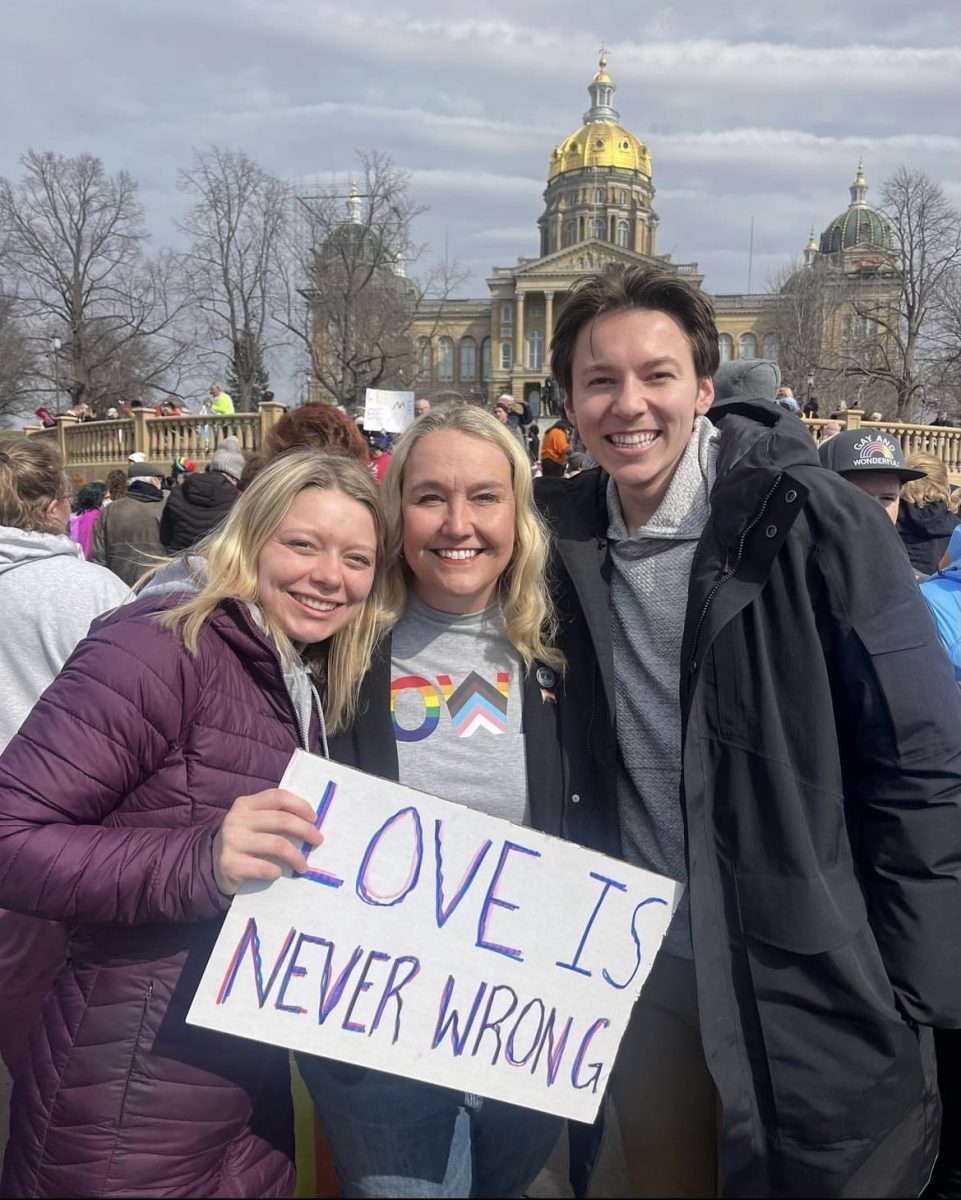WASHINGTON – The House Armed Services Committee this week launched a wide-ranging investigation into domestic violence in the military, the first examination of the issue in 15 years.
Three women testified before the House Armed Services Subcommittee on Military Personnel, calling for the justice they said they did not receive after facing abuse from their Air Force partners.
It’s been 15 years since the Department of Defense Task Forces analyzed domestic violence in the military, “Yet we’ve seen unsettling warning signs since,” said U.S. Congresswoman and Chairwoman, Jackie Speier, (D, Calif.) whose committee is investigating the military’s response to spousal abuse.
Currently, the defense department works through the Defense’s Family Advocacy Program and Transitional Compensation Programs that service all branches of the military to address these issues.
“Any domestic violence on military installations – or anywhere – is unacceptable…these [services] are on the forefront of helping to prevent and treat domestic violence,” Sen. Jim Inhofe (R, Okla.) said in a statement.
However, Speier said the defense department isn’t responding to cases of domestic violence as urgently as it should.
“DoD reports have highlighted concerning failures in our service’s domestic violence prevention systems,” she said.
During the hearing, members asked how the program is brought to the awareness of military families.
Tinker Air Force Base’s Family Advocacy Officer, Capt. Adrianna Harrell, said in a statement that Tinker’s advocacy program works with off-base community agencies in an effort to make military members aware.
“We want to be associated with anything involving families. From the start, we ensure those facing abuse know we believe them and we are on their side,” Harrell said.
But many military spouses say they aren’t aware of the program.
“I didn’t even know about FAP. That’s a failure. I can’t even say they failed me because I didn’t even know about it,” said Kate Ranta, who described how she’d been repeatedly abused by her former husband who was an Air Force major.
Ranta recalled painful memories during her testimony, such as her former husband kidnapping their young child and ambushing her family with firearms.
Ranta recalled her son crying during an attack, “Don’t do it daddy, don’t shoot mommy.”
Her then 4-year-old son cried out while her husband shot through their door, barely missing her heart and paralyzing Ranta’s father with a nine-millimeter Beretta, Ranta said.
Ranta said her ex-husband forged his relocation orders; instead of moving to Virginia, he went to Florida. He told Ranta that no one would question him, no one did. Ranta contacted his commander at Andrews Air Force Base in 2011, it was then that he finally realized the major had not been living where he was supposed to those previous four months.
After reporting her former husband’s actions to his commander, everything disappeared; the communication, her rights and her justice, Ranta said.
He was eventually found guilty of spousal abuse and fraud by a military court martial. It wasn’t until her ex-husband was indicted by a civilian court that she got justice, she said. He was found guilty of premeditated attempted first degree murder and sentenced to 60 years in prison.
“We saw justice on the civilian side, not the military side. All of this was avoidable, I hold his command fully responsible, they knew he was dangerous,” said Ranta.
Deputy Assistant Secretary of Defense for Military Community and Family Policy A.T. Johnston said, “I was not aware that people weren’t aware [about FAP]. Unfortunately, it’s not a perfect system but we are working hard to fix it.”
Army Maj. Leah Olszewski testified about abuse she said was inflicted on her by her former partner, an Air Force senior master sergeant.
Knowing she was pregnant, he kicked her in the abdomen, causing her to miscarry. When his command learned about the physical abuse, they told her to get out of the relationship.
“Run, Leah, he’s doing you a favor,” she recalled being told.
In September 2018, the Air Force sergeant retired with no demotion, court-martial or consequences.
“Now he laughs in court about the miscarriage, abuse and my suffering and has continued to terrorize me. I live in fear, heavily burdened every day,” Olszewski said.
Olszewski said she holds the Air Force responsible for all of her losses.
“If they do this to me, they’ll do this to anyone and everyone,” she said.
Rohini Hughes said she and her family were interrogated and treated as criminals rather than victims by the military’s advocacy program.
“We were groomed to believe that it will destroy the service member’s career, but when we come forward it shuts down every resource to seek justice for ourselves. This is a black eye on our U.S. military,” Hughes said.
“Unfortunately my story is not an isolated set of events or incidents. Many military spouses experienced similar abuse, desertion, abandonment but are afraid to come forward because they are groomed not to expose their abuse while they’re being silenced,” Hughes said.
Inhofe said, “At the congressional level, we’re always working with Department of Defense and the military services to reduce domestic violence, improve mental health care, and take care of our service members and their families.”
Last year’s National Defense Authorization Act made domestic violence a separate crime under the Uniform Code of Military Justice, which is intended to promote better reporting and tracking of these crimes and expanded services to provide support to military spouses and families.
“There’s a lot of work that needs to be done…I’m frankly sick and tired that we have each service having a different set of standards and ways of providing services,” said Speier.
Speier called for consistency across all the services and reevaluations for action that must take place in domestic violence cases. Additionally, Speier emphasized the importance of better access to outreach and communication for isolated victims.
Gaylord News is a Washington reporting project of the Gaylord College of Journalism and Mass Communication at the University of Oklahoma.

